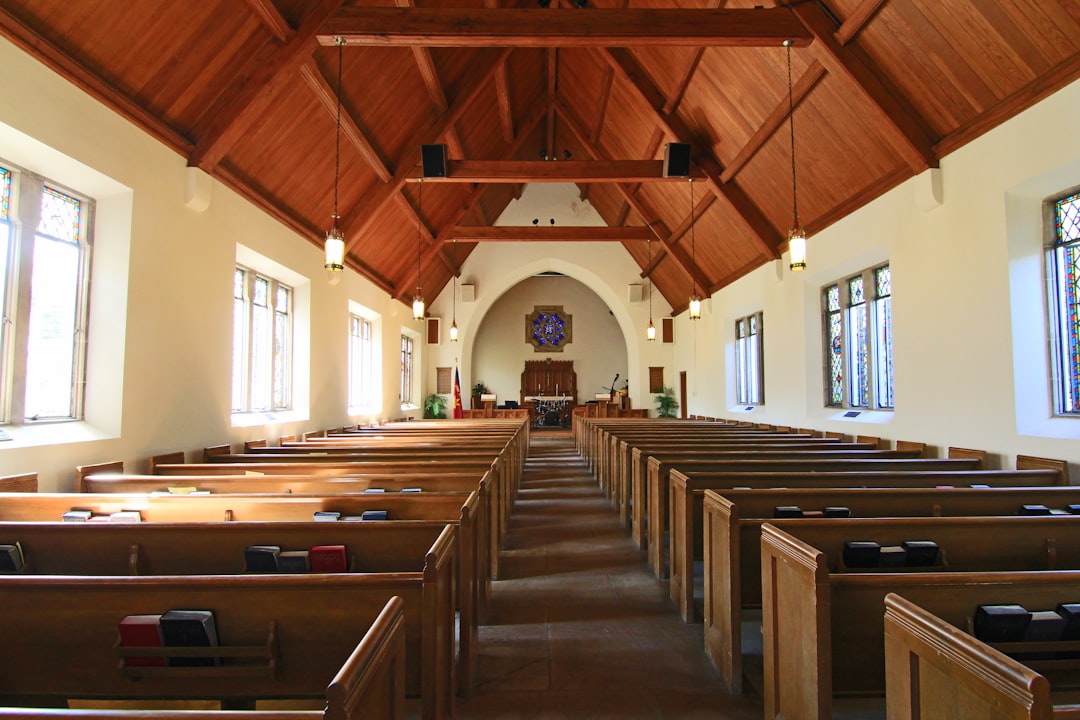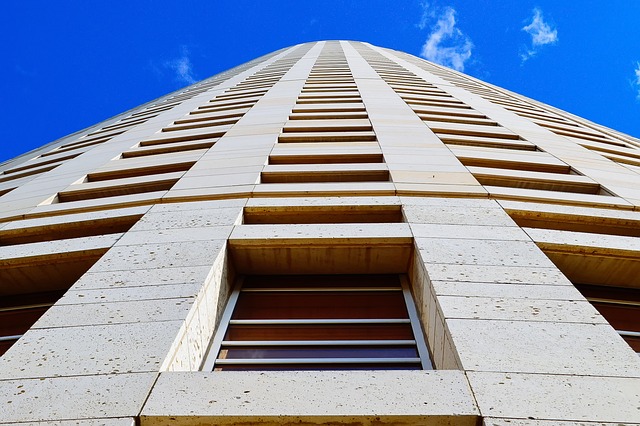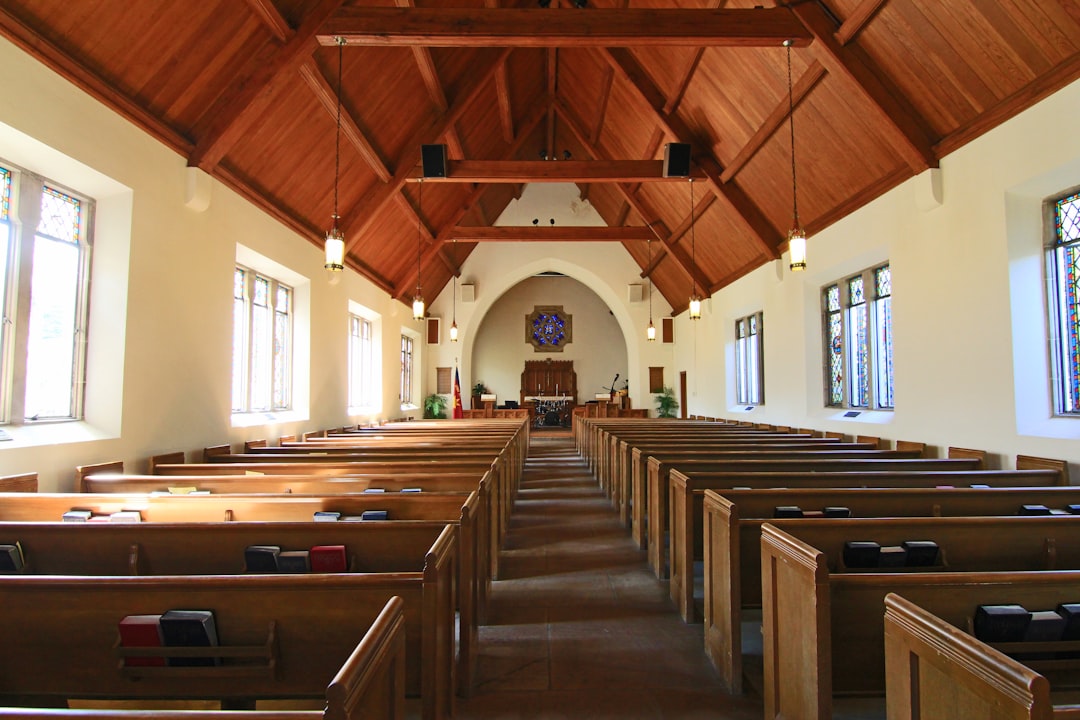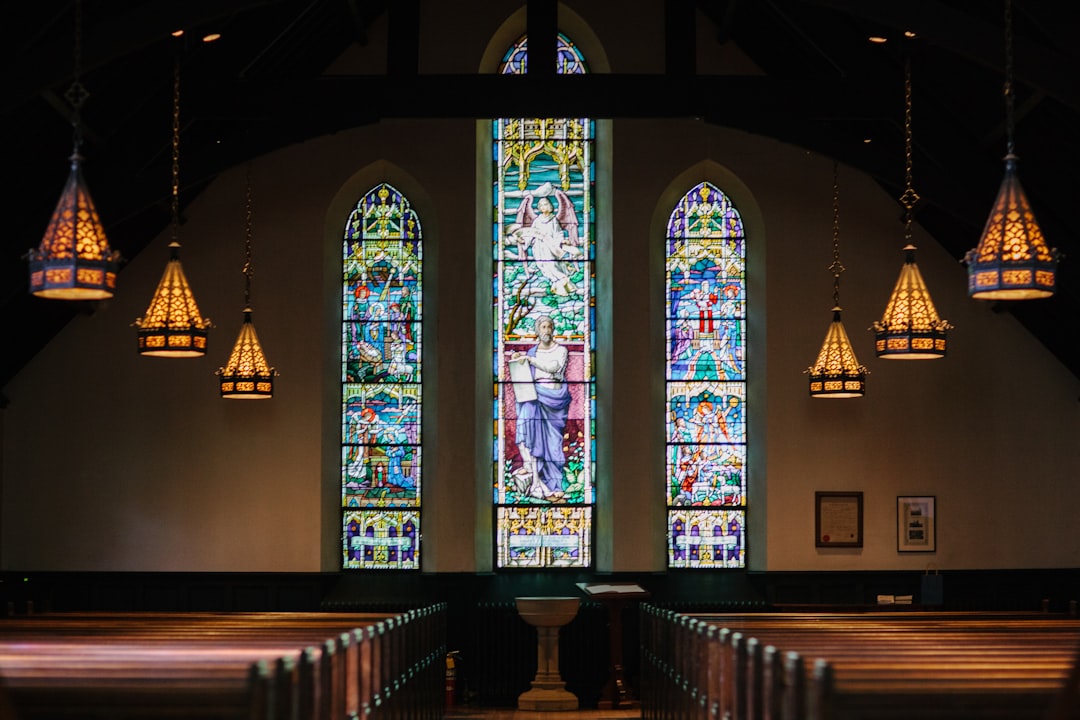Clergy abuse lawsuits in Tampa, FL, are crucial for holding accountable individuals who have committed sexual or emotional abuse within religious institutions. Victims can seek justice and compensation through specialized clergy abuse attorneys who navigate complex legal processes, statutes of limitations, and unique challenges related to religious organizations. These attorneys guide clients from evidence gathering to dispute resolution, ensuring victims' rights are protected. Florida's laws offer specific protections and support services for survivors, encouraging them to come forward and heal.
In Tampa, Florida, seeking justice for clergy abuse is a critical step towards healing. Understanding your legal rights is essential, especially in navigating complex cases involving religious institutions. This article guides victims through the process, from recognizing misconduct to filing lawsuits with the help of experienced clergy abuse attorneys in Tampa, FL. We explore the legal framework, available compensation, and support resources tailored to Florida’s laws, empowering survivors to take action and find closure.
Understanding Clergy Abuse Lawsuits in Tampa, FL

In Tampa, Florida, clergy abuse lawsuits are a sensitive yet critical aspect of addressing historical and ongoing instances of misuse within religious institutions. These legal actions aim to hold accountable those who have committed sexual or emotional abuse while serving in pastoral roles. The laws in Florida provide a framework for victims to seek justice and compensation for the trauma they have endured.
If you’re considering filing a clergy abuse lawsuit in Tampa, it’s essential to consult with experienced clergy abuse attorneys who understand the complexities of these cases. These legal professionals can guide victims through the process, ensuring their rights are protected. They will help navigate Florida’s statutes of limitations and any unique challenges related to religious organizations, ultimately striving for a resolution that reflects the severity of the abuse suffered.
The Legal Process for Victims of Clergy Misconduct

When a victim of clergy misconduct in Tampa, FL, decides to take legal action, the first step is to consult with a specialized clergy abuse attorney. These legal professionals have extensive knowledge and experience dealing with cases involving religious institutions and their leaders. They can provide guidance on the appropriate course of action, which may include filing a civil lawsuit against the abusive clergy member or the institution itself.
The legal process involves gathering evidence, conducting interviews, and thoroughly reviewing the facts to build a strong case. Clergy abuse attorneys Tampa FL will help navigate the complex legal system, ensuring victims’ rights are protected and they receive the justice they deserve. They will also guide clients through potential negotiations or mediation processes before proceeding to trial if necessary.
Compensation and Support for Survivors in Florida

In Florida, survivors of clergy abuse can seek justice and compensation through dedicated clergy abuse attorneys in Tampa FL. Many victims feel empowered to come forward and share their stories after understanding that they are not alone. The state has specific laws in place to protect and support individuals who have suffered sexual or physical abuse within religious organizations. Compensation can include financial damages for medical expenses, therapy costs, and loss of earnings, as well as non-monetary relief such as injunctions to prevent further abuse and public apologies from the responsible parties.
Support services are also widely available for survivors, including counseling, support groups, and legal aid. These resources are crucial in helping individuals heal and rebuild their lives. Clergy abuse attorneys in Tampa FL often collaborate with local support networks to ensure that victims receive the comprehensive care they need. This holistic approach not only helps survivors find justice but also fosters a sense of safety and empowerment within the community.





